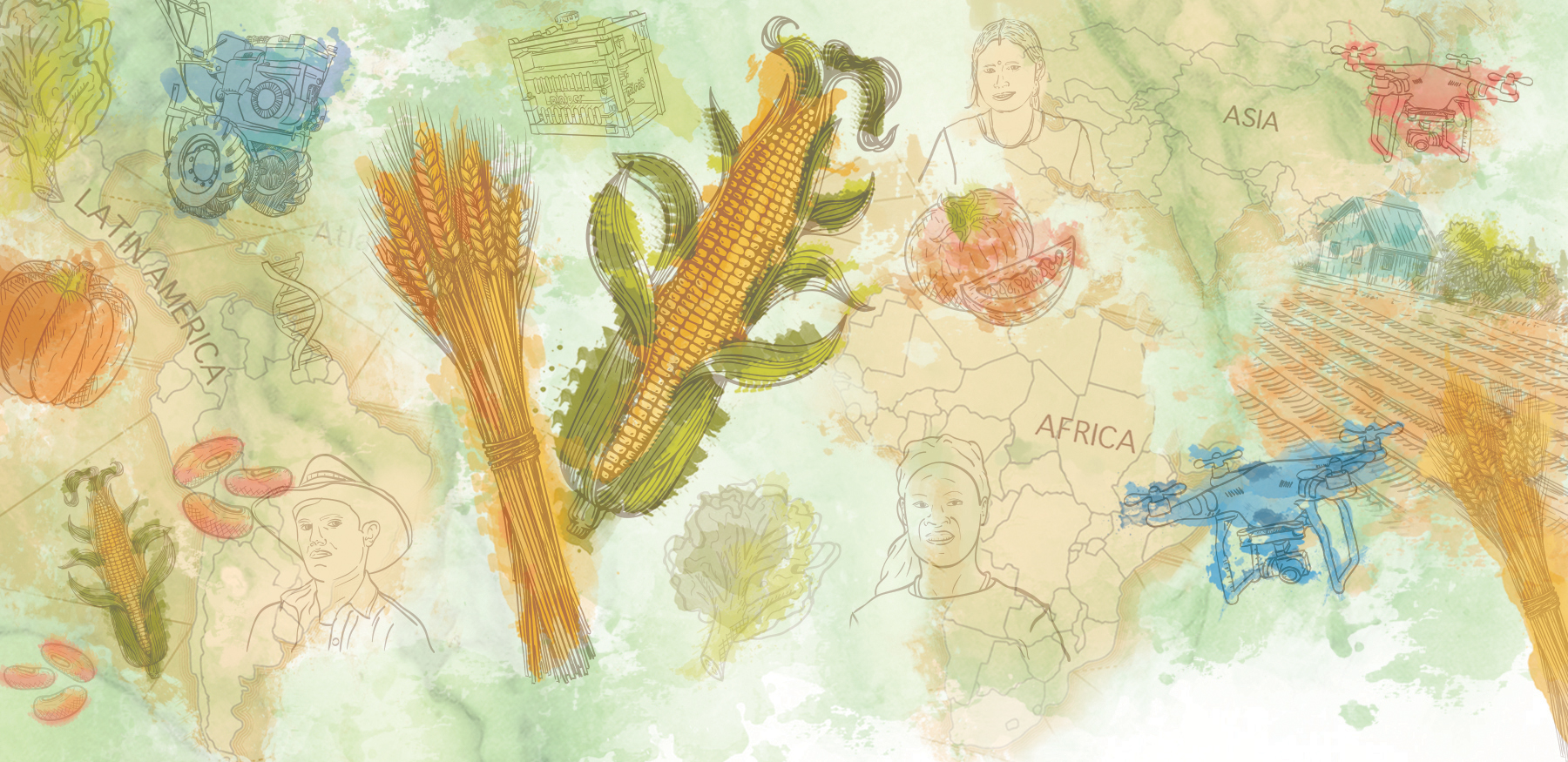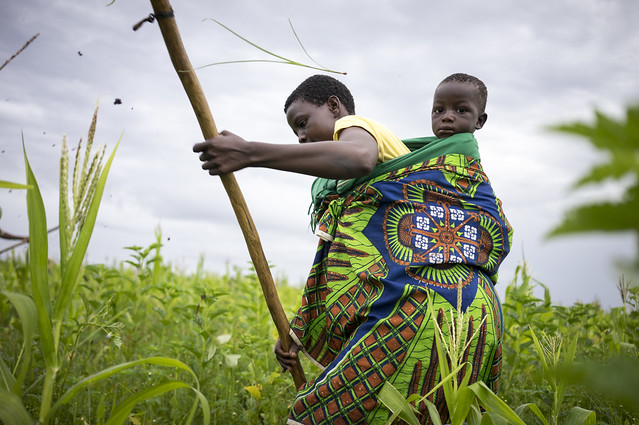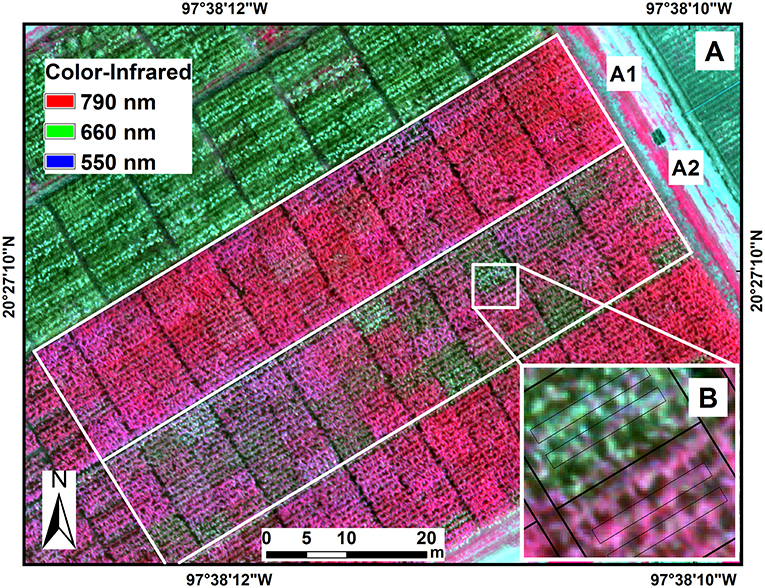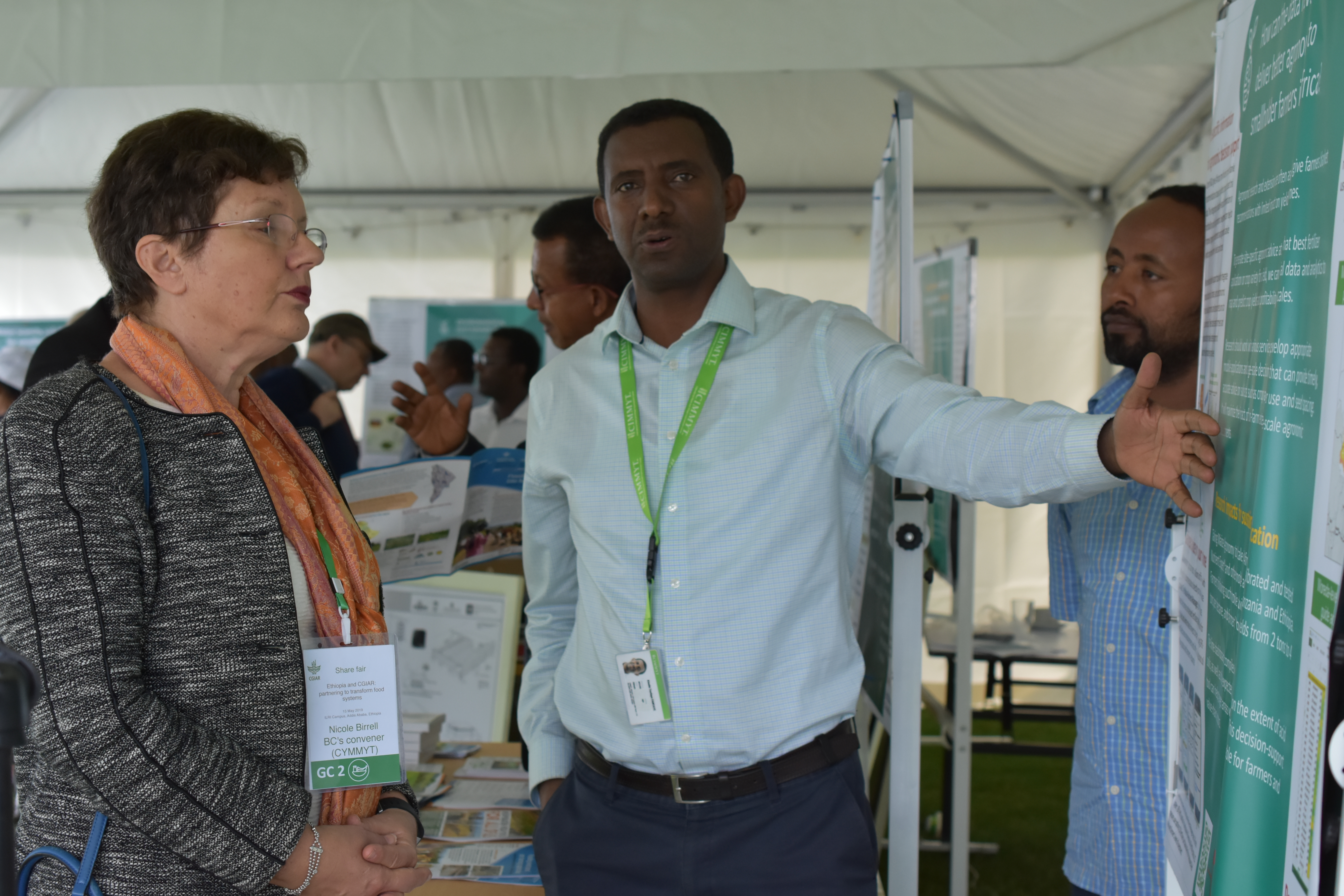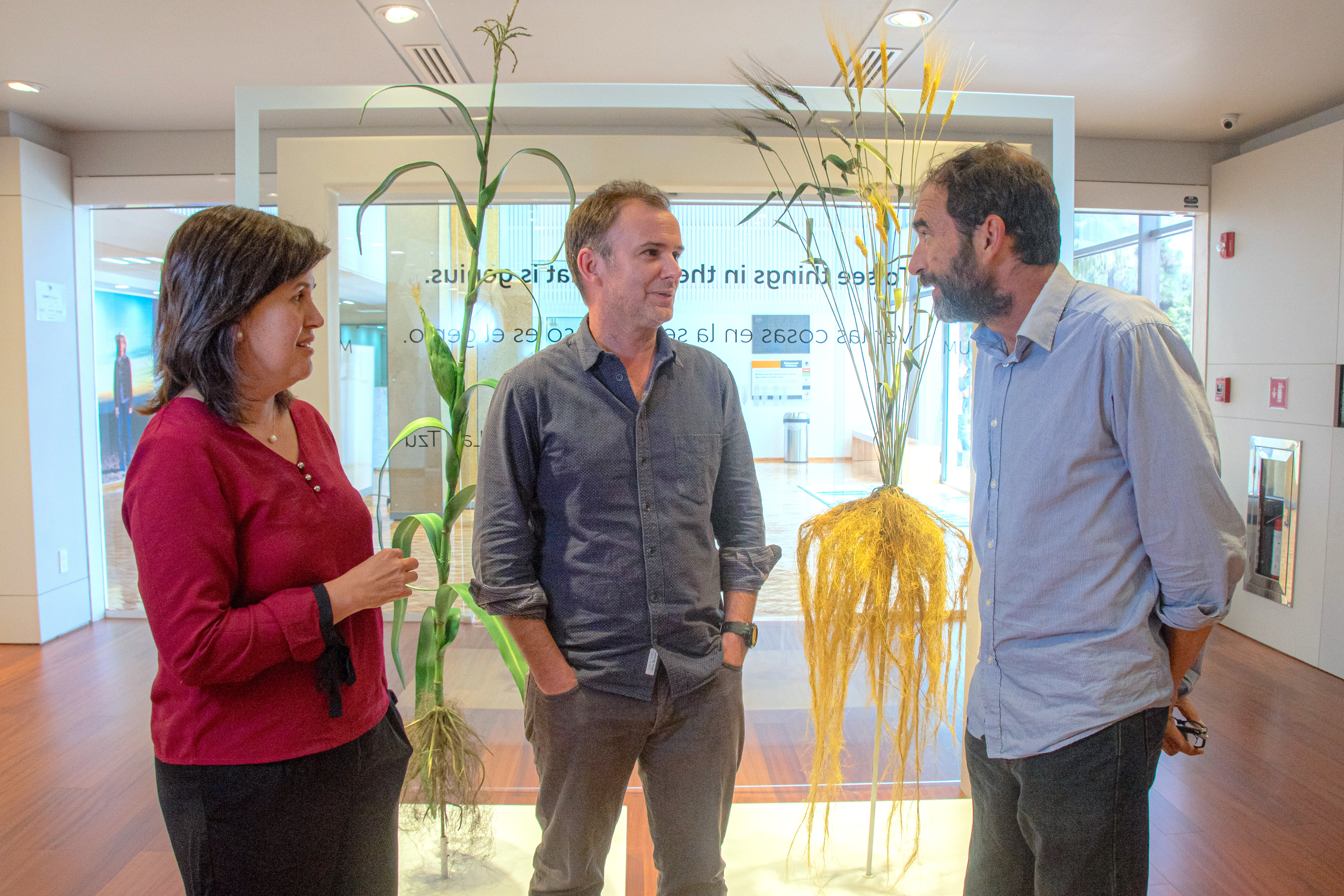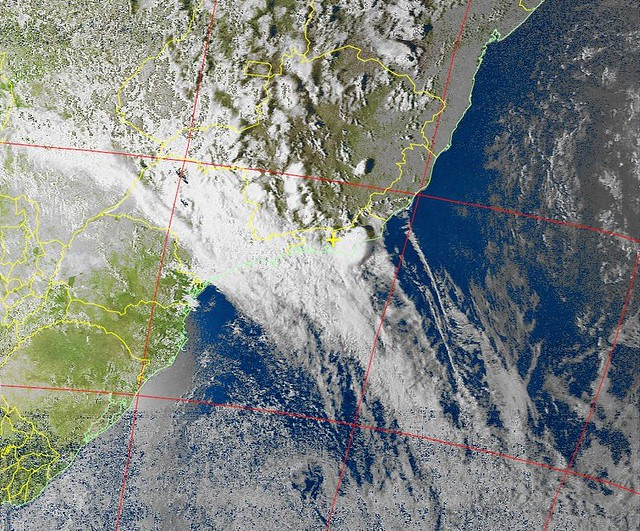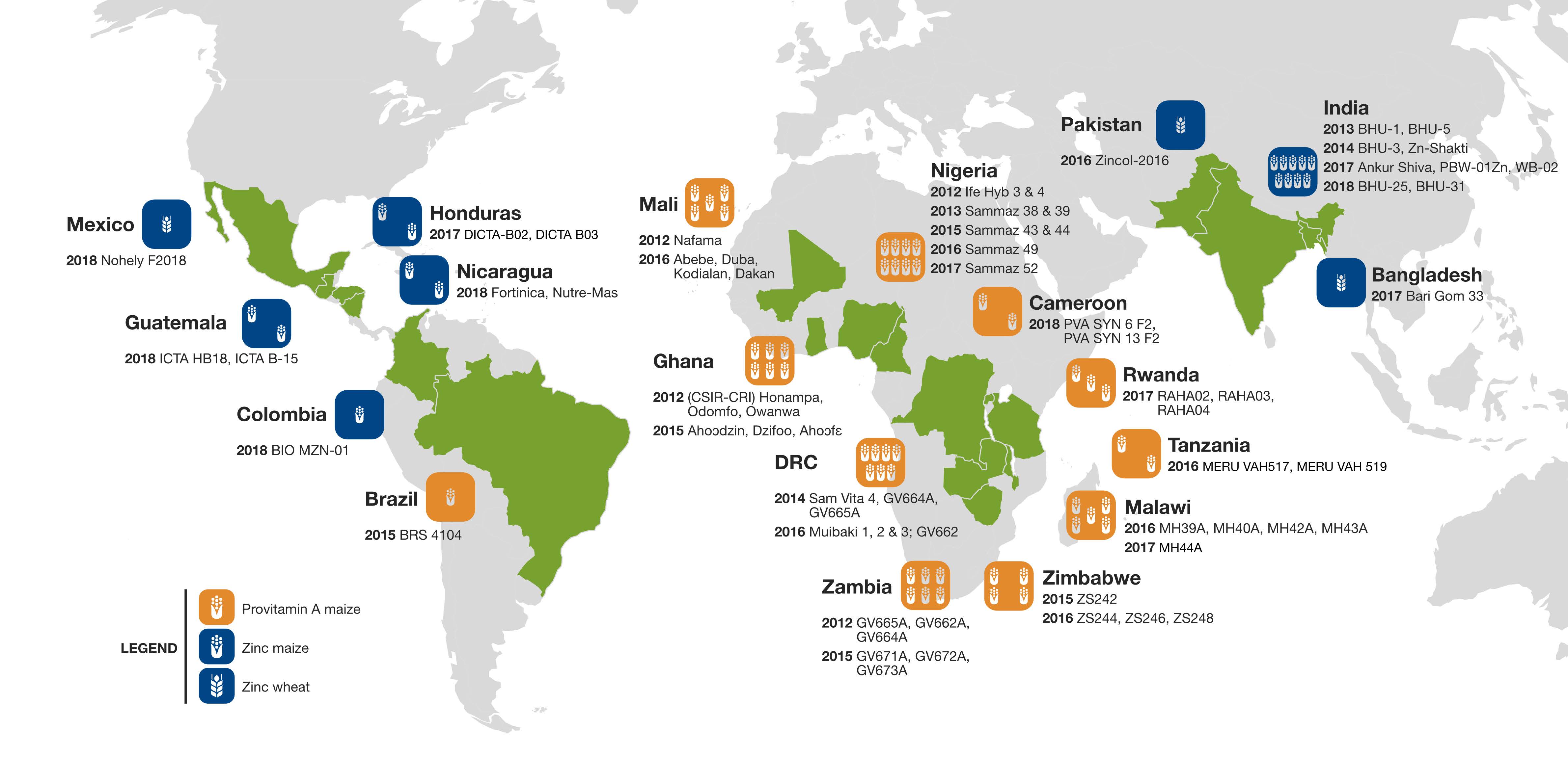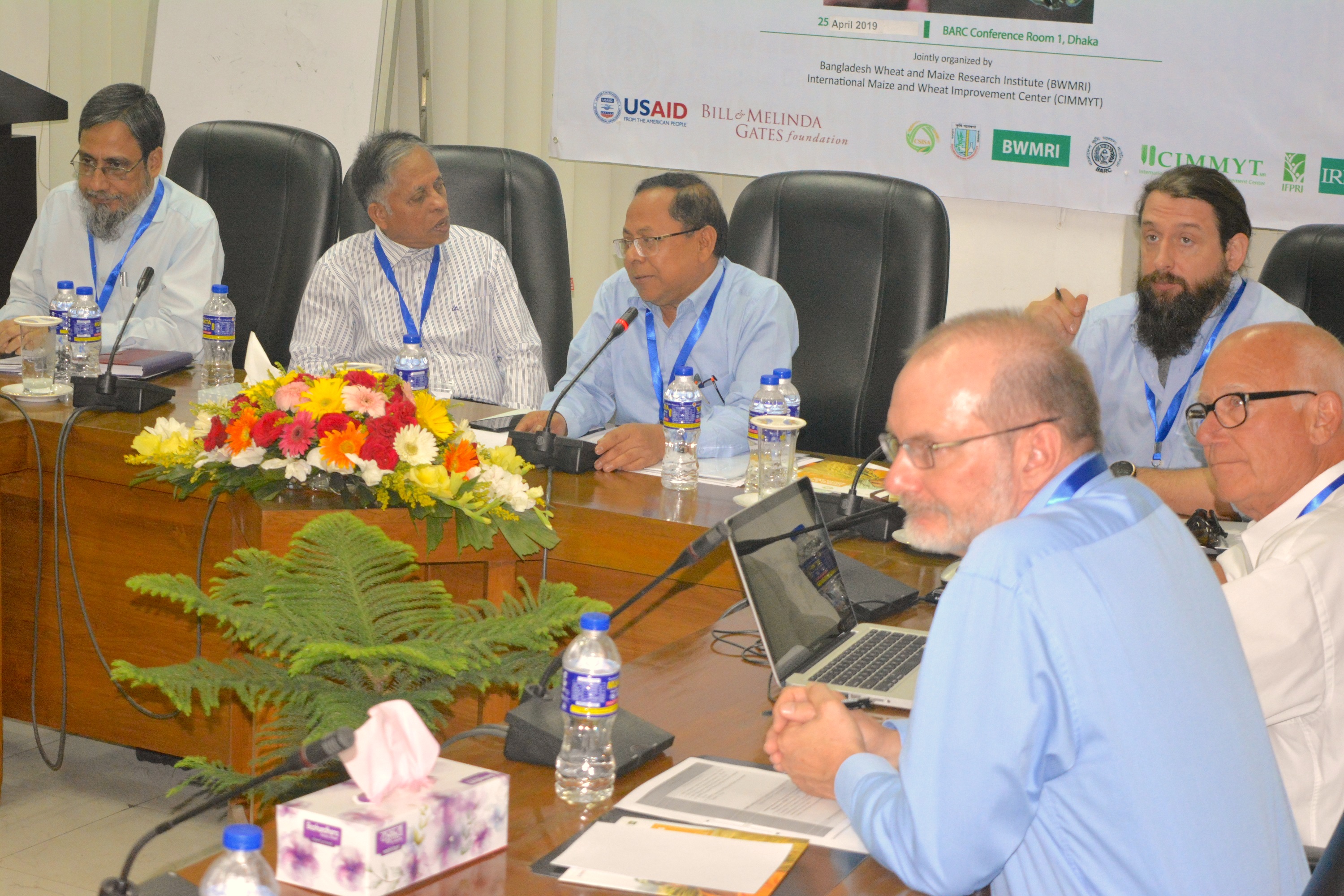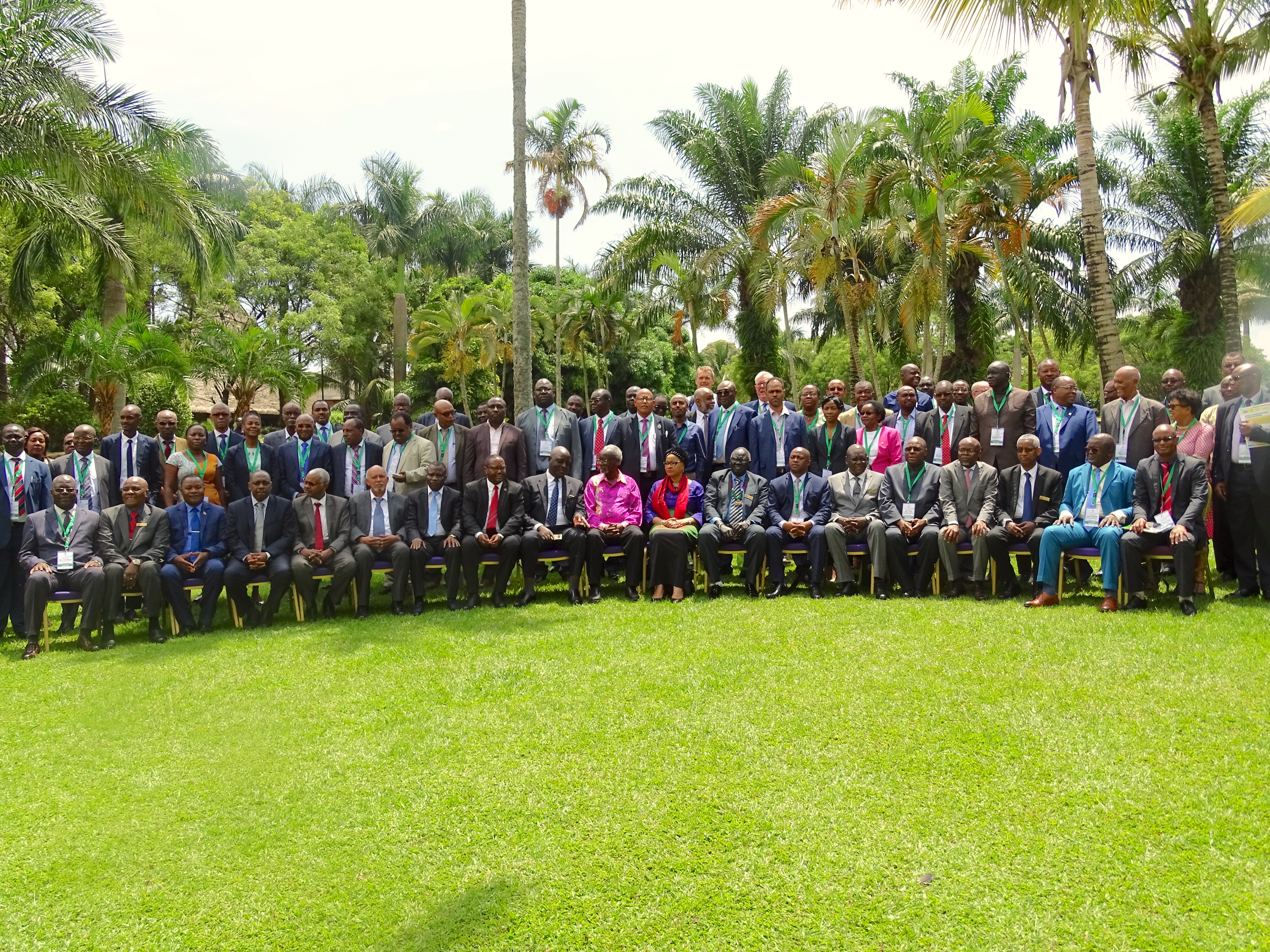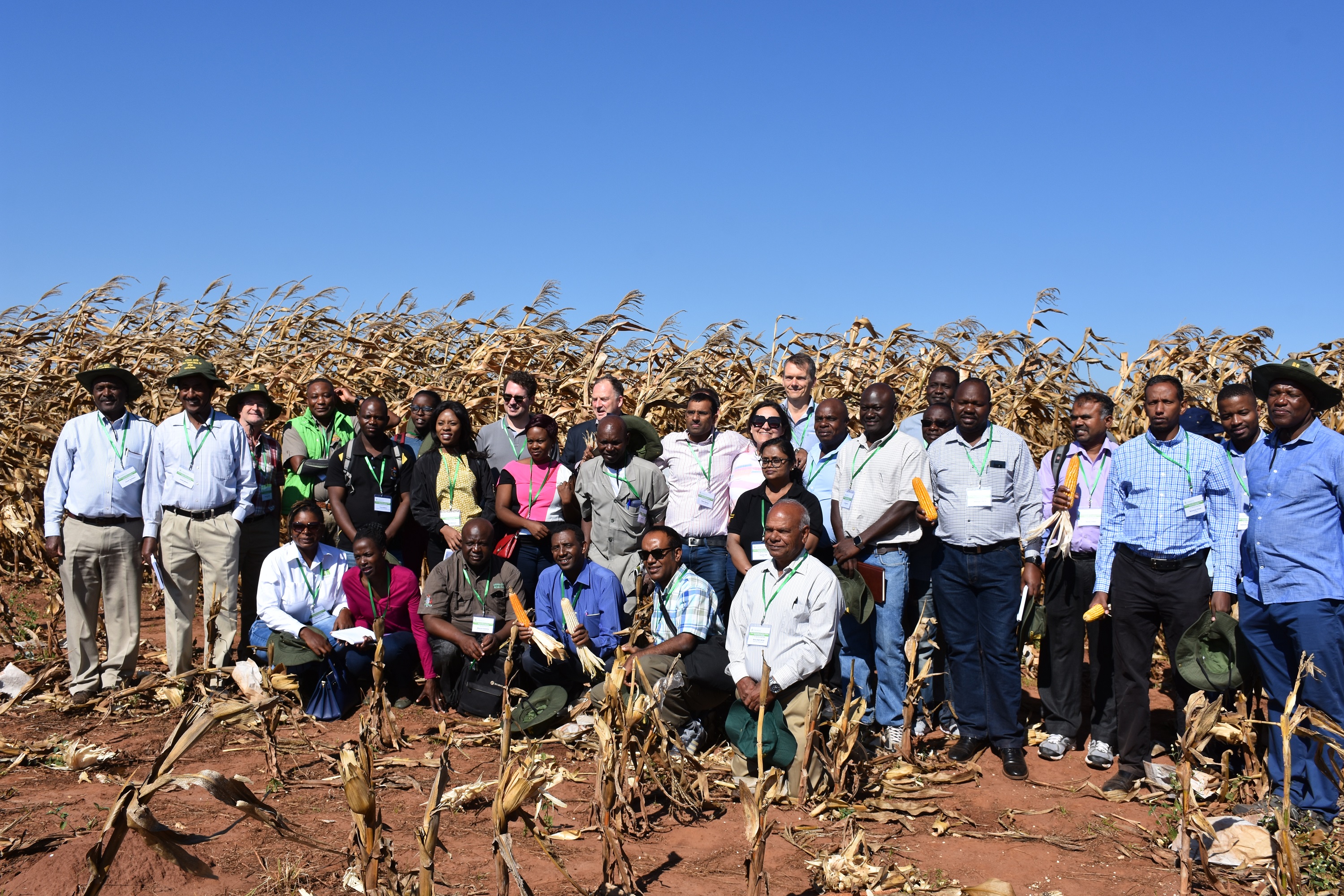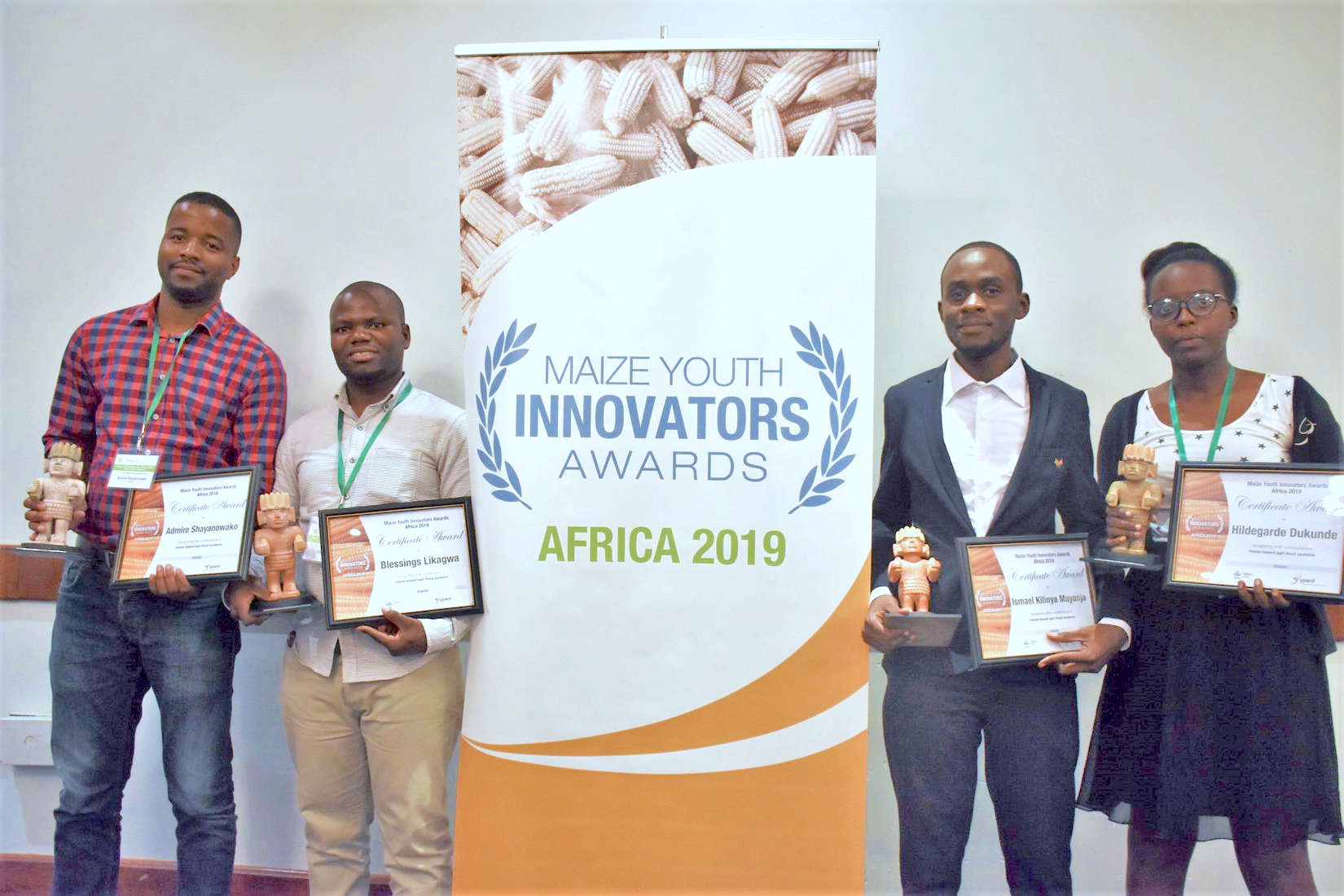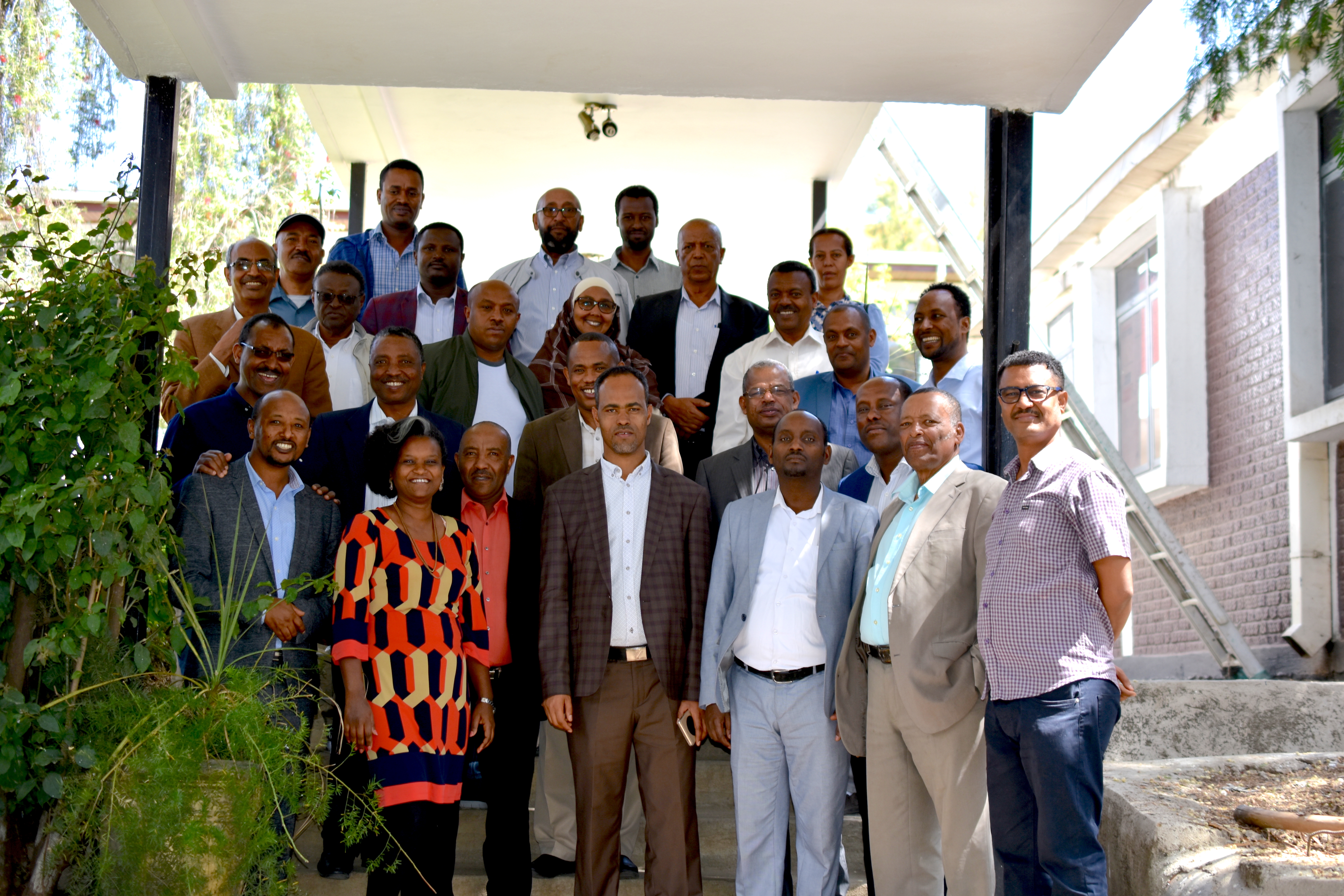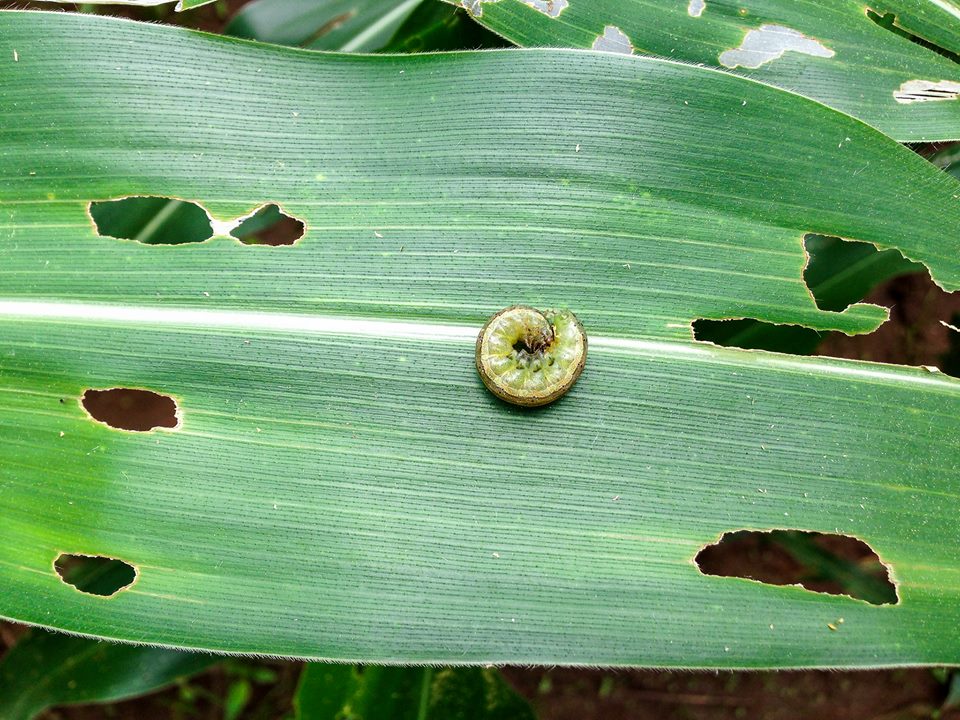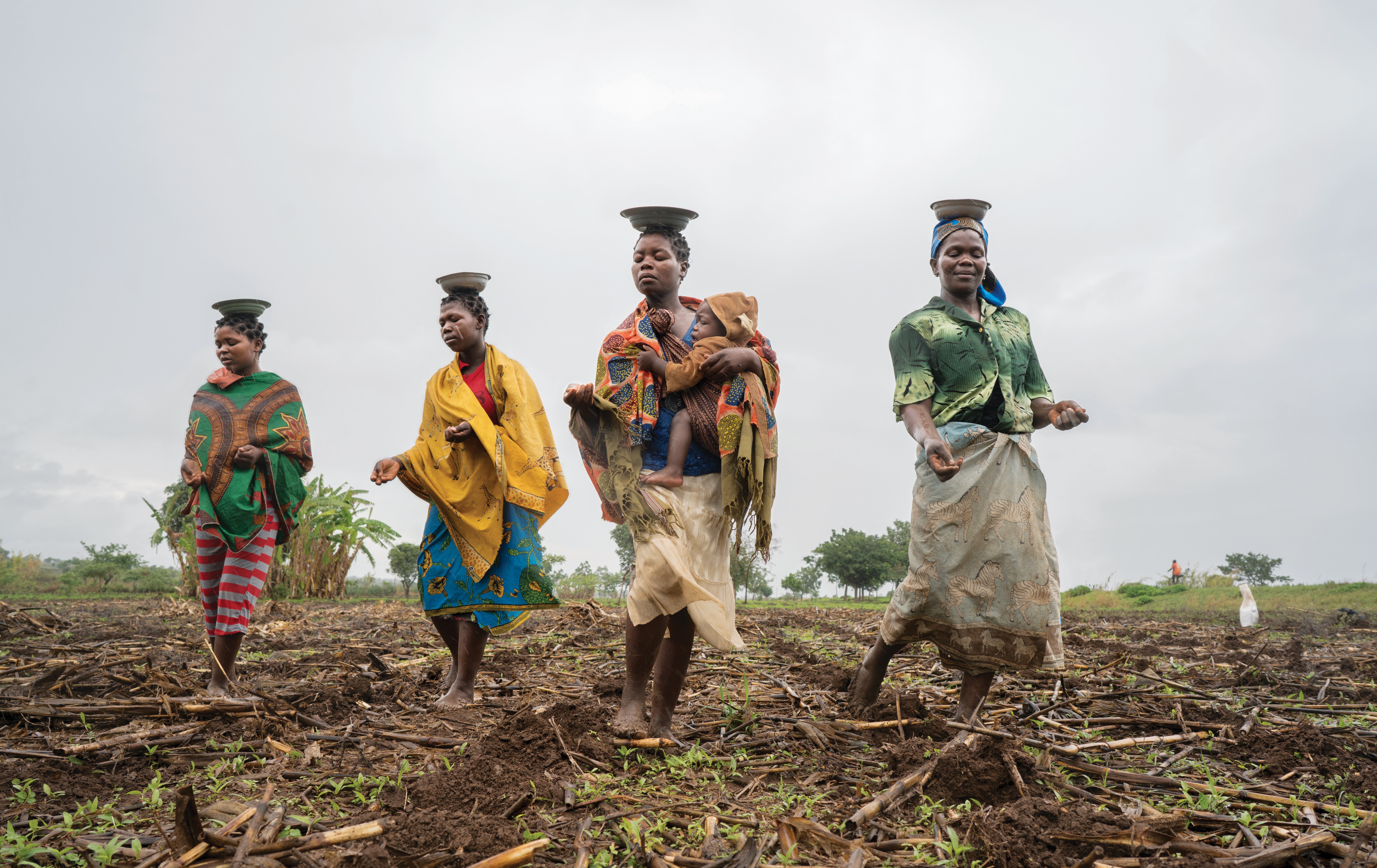Maize
Are high land rental costs pricing African youth out of agriculture?
 Gender equality, youth and social inclusion
Gender equality, youth and social inclusion
Rural land grows scarce as populations rise and more youth farm for their livelihoods.
Bird’s-eye view
 Innovations
Innovations
Multispectral and thermal images taken by cameras on unmanned aerial vehicles are helping researchers to monitor the resistance of maize to tar spot complex and other foliar diseases.
Research, innovation, partnerships, impact
 Innovations
Innovations
Knowledge share fair highlights CGIAR contributions to the Ethiopian agriculture sector.
The recipe for better food systems
 Nutrition, health and food security
Nutrition, health and food security
An economist, an agronomist and a plant biologist discuss how to mix markets, research and nutrition for optimal health and sustainability.
Space data applications for wheat and maize research
 Innovations
Innovations
How can space technology help improve maize and wheat production? CIMMYT joined a group of international data users in a recent project to find out.
Biofortified maize and wheat can improve diets and health, new study shows
 Nutrition, health and food security
Nutrition, health and food security
New varieties deliver essential micronutrients to those who lack diverse diets.
Bangladesh increases efforts to fight fall armyworm
 Nutrition, health and food security
Nutrition, health and food security
Experts discussed the status of the outbreak, the role of research and applicable measures.
Conservation agriculture works for farmers and for sustainable intensification
 Climate adaptation and mitigation
Climate adaptation and mitigation
Agriculture leaders of eastern and southern Africa encourage wider adoption of conservation agriculture for the benefit of farmers, consumers and the environment.
Shifting to a demand-led maize improvement agenda
 Climate adaptation and mitigation
Climate adaptation and mitigation
In annual meeting, STMA project partners build on the successes of research in combatting drought, heat, pests and disease.
Winners of 2019 MAIZE Youth Innovators Awards – Africa announced
 Gender equality, youth and social inclusion
Gender equality, youth and social inclusion
The five young awardees are advancing change, innovation and research in their communities.
Sustaining the production and demand of Quality Protein Maize in Ethiopia
 Nutrition, health and food security
Nutrition, health and food security
As the Nutritious Maize for Ethiopia (NuME) project comes to an end, partners draw plans to extend its impact.
CIMMYT and GOAL team up to help farmers in Zimbabwe fight fall armyworm
 Nutrition, health and food security
Nutrition, health and food security
Identifying best practices to fight the invasive pest.
Book launch: Lead farmers in eastern and southern Africa
 Climate adaptation and mitigation
Climate adaptation and mitigation
A new book draws on experiences of men and women farmers across eastern and southern Africa who bravely embraced change to improve their farming methods and the lives and livelihoods of their families.
